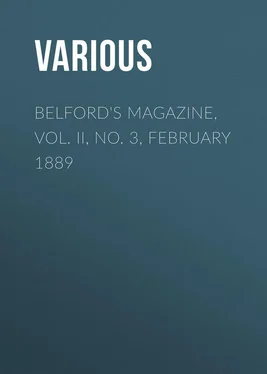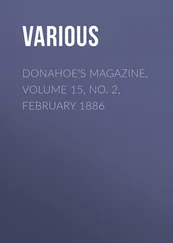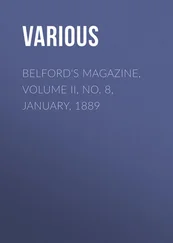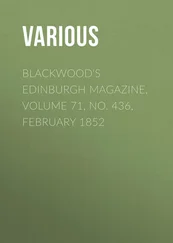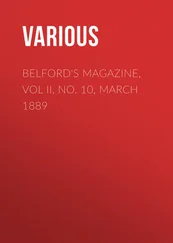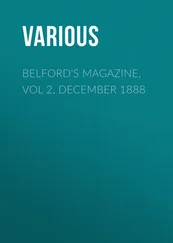Ethel enters timidly just then, and looks first at me and then at the burning papers with doubt and wonderment in her blue eyes.
"I have been paying some old debts," I say, with an uneasy laugh. "These are some of the I.O.U.'s you see burning."
She lays a soft little arm around my neck and a curly head on my immaculate shirt-front. Oh, spotless mask for such a darksome heart! I wonder she cannot catch the sound of its wicked beating.
"I have been worried about you lately, dear," she whispers, with a tender tremor in her voice. "I thought perhaps you might – you might – have become entangled with some other – other – " Then she burst into tears.
"How often must I tell you, darling," patting her cheek softly, "that you are the only woman I ever loved?"
"Oh, Jack!"
Ernest De Lancey Pierson.
An eagle drifting to the skies
To gild her wing in sunset dies,
To float into the golden,
To swing and sway in broad-winged might,
To toss and heel in free-born right,
High o'er the gray crags olden.
A dark bird reaching on aloft,
Till far adown her rugged croft
Lies limned in misty tracing —
Till, riding on in easy pride,
Her cloud-wet wings are ruby pied,
Are meshed in amber lacing.
An eagle dropping to her cave
On dizzy wing through riven air,
A bolt from heaven slanted;
A startled mother, arrow-winged,
A mountain copestone, vapor-ringed,
An eyry danger-haunted.
An eagle slanting from the skies
To stain her breast in crimson dyes
Beneath the gilt and golden;
A shred of smoke – the gray lead's might —
A folded wing – the dead bird's right —
Abreast the gray crags olden.
The blush light fades along the west,
The night mist rolls to crag, to crest,
To cowl the ghostly mountain;
Black shadows hush the eyry's calls;
Below, a broad brown pinion falls —
The last light from the fountain.
J. W. Rumple.
PURIFYING THE POLLS BY LAW
The edifying efforts made by Congress to throw guards about the ballot would be encouraging were they based on a little knowledge of the fact, and the reason for it. As it is, the be-it-enacted agreed on is little better than a solemn protest. Our learned law-makers would enjoy greater progress if they would remember that we have had for a century all the law necessary to punish such corruption, and that the trouble lies in our inability to enforce its provisions.
What is really wanted is a tribunal to try and enforce the stringent enactments already in existence. This does not now exist. When a candidate for Congress corruptly purchases enough votes to secure his return to either House, he knows that such Chamber, being the judge of such applicant's qualifications, forms a court without a judge to give the law or an impartial jury to render a verdict. The Committee on Elections in either House is made up of the Democratic or Republican party, and so the jury is packed in advance.
This is not, however, the only evil feature in the business. There is probably no organized body so ill-fitted for adjudication upon any subject as Congress. Returned to place by parties, the members are necessarily partisans. Their tenure of office is so brief that they have no time in which to learn their legitimate duties through experience, and these duties are so numerous, to say nothing of being encroached upon by services entirely foreign to their positions, that they have no opportunities for study. The consideration then of any subject from a judicial point of view is simply impossible. It is "touch and go" with them, and the touch
Конец ознакомительного фрагмента.
Текст предоставлен ООО «ЛитРес».
Прочитайте эту книгу целиком, купив полную легальную версию на ЛитРес.
Безопасно оплатить книгу можно банковской картой Visa, MasterCard, Maestro, со счета мобильного телефона, с платежного терминала, в салоне МТС или Связной, через PayPal, WebMoney, Яндекс.Деньги, QIWI Кошелек, бонусными картами или другим удобным Вам способом.
The intermediate regiments were raised in Boston, Philadelphia, and in Ohio.
Sam was a member of the 7th regiment, and in battle was distinguished for his bravery. He was killed Oct. 27, 1864, in the battle near "Kill House," Va.
A much larger number of slaves had been received at the barracks, but the great majority, being non-combatants, had been transferred to other points.
The rights of dramatization of this story are reserved by the author.
